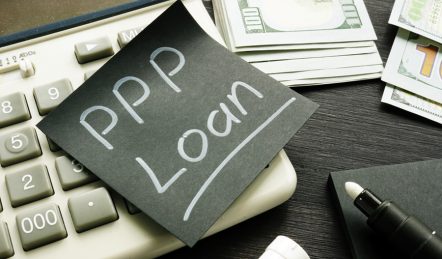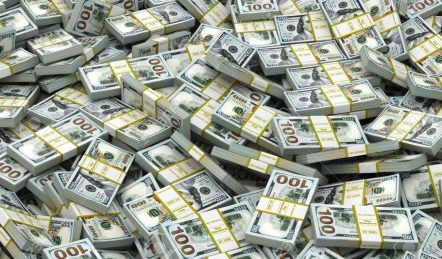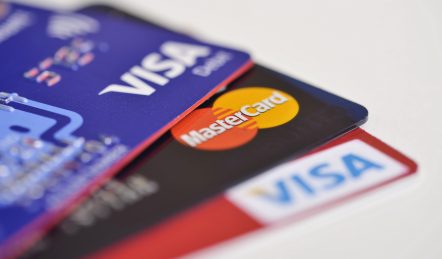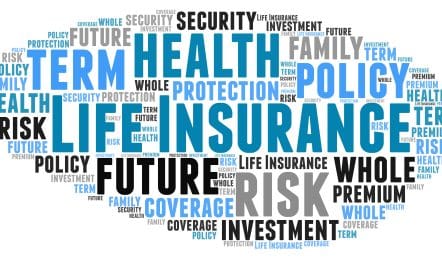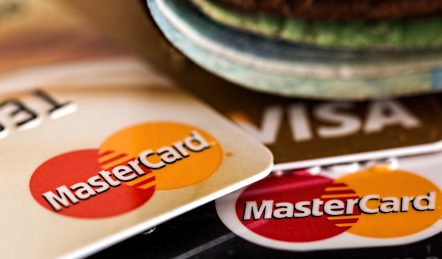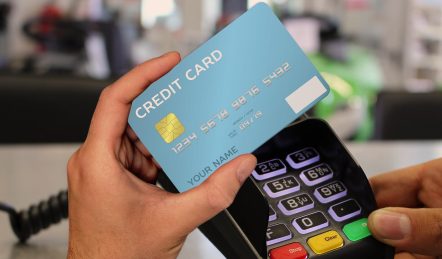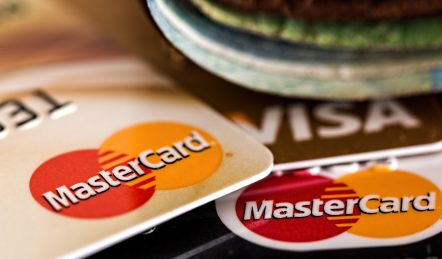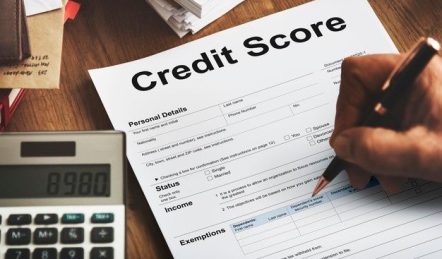Choosing The Best Credit Card For People With Bad Credit
Bad credit is more than simply a nuisance; it may significantly impact a person’s financial situation. As a result, you may struggle to handle your funds efficiently and cost-effectively. It’s considerably harder to deal with unexpected money problems if you don’t have access to credit lines. You will have to pay a lot of money for any credit you can get. Interest fees, maintenance fees, and other costs will add up quickly.
Getting a new credit card is often coupled with the belief that doing so will harm your credit score. You may be stunned to learn that even though your credit score is currently outstanding or needs some work, acquiring a new credit card can actually improve it. A new credit line can actually boost your credit utilization ratio or the difference between how much credit you use and how much credit you have available¹.
If you’d like to learn more about how a new credit card might improve your credit score, keep reading.

Reasons Why Getting A New Credit Card Is A Good Idea
One reason to consider getting a new card is if you’ve been carrying around the same credit cards for some time. With a new credit card, you may gain access to many benefits and savings you’re currently missing out on— and it may even boost your credit scores. Are you concerned that a new credit card could harm your already impressive credit rating? Then, think again. We’ll discuss why a new credit card could be an excellent financial decision in the following paragraphs.
You Can Improve Your Credit Scores
Your credit score is greatly influenced by how much of your available credit you use. As a general rule, you should limit your total credit utilization to 30 percent or below. One approach to swiftly enhance it is to open a new credit card. As a result, you’ll be able to borrow more money. Adding a $1,000-limit card to your current $1,500-limit card will enhance your overall utilization rate by boosting the amount of credit you have available.
You’ll Be Able to Use a Wider Range of Credit
Due to the limited number of credit lines you have, most of your available credit is put in the hands of only one or two banking firms. Due to the limited number of sources available for credit checks, this is a risky move. An automobile loan, mortgage, or other secured debt isn’t enough to ensure your financial future. If you’re looking to diversify your credit options, a new credit card is an ideal solution.
Different Cards Can Be Used for Various Purposes
Credit cards come in various varieties, each with its own set of terms and benefits. It’s a good idea to keep a range of cards on hand so that you can use specific cards for specific purposes. For instance, one card may provide three times the benefits in grocery stores while another may offer more points at gas stations. Each card can be used where it provides the most value.
High-Interest Debt Can Be Managed
You can save money by transferring your debt from a high-interest credit card to one with a reduced interest rate. With even a slight reduction in the interest rate, you will be able to save significant sums of money on your loan. Look out for credit cards that provide free or low-cost debt transfers.
Low-Interest Offers Can Help You Consolidate Your Debt
Credit card issuers frequently offer low or no-interest promotional periods to attract new consumers. To consolidate outstanding debt, you should take advantage of an offer like this if you’re able to do so, mainly if your credit card debt is high-interest. It’s imperative that you pay back the initial payment in order to take benefit of this deal before its promotional time period expires. Otherwise, you will be liable for interest.

Credit Cards for People with Bad Credit
New credit cards might be useful, but acquiring one when you have a poor credit score can be challenging. There is, however, an alternative. For those who have a less-than-ideal credit rating, there are alternatives available.
Subprime Credit Cards
There are also other options available for those with less-than-perfect credit. People with bad, no, or minor credit have a sizable segment of the credit card industry to themselves. Credit checks are required before you may get one. Most importantly, you must be ready to bear the hefty costs associated with taking out subprime loans.
The interest rates and fees on subprime credit cards are higher because the issuers see you as a more considerable risk. When compared with regular credit cards, which typically offer low rates or luxurious perks if they do charge fees, this can add up to a lot of money².
Secured Credit Cards
When you start an account with a secured credit card, you put a cash deposit into it. The deposit usually is equivalent to your credit limit, and thus if you deposit $200, you’ll get a credit limit of $200 as a result of your deposit. In the event that you fail to pay your payment, the credit card company can deduct the funds from your deposit, which lowers their risk. Because of this, persons with poor or no credit can apply for one of these cards.
Getting a secured credit card usually involves a deposit of at least $200 and an annual fee. The best strategy to raise your credit score is to limit your use of credit and always pay your bill in full.
Unsecured Credit Cards
Subprime credit cards may be promoted differently, but they share many of the same characteristics: high-interest rates and fees. A decent or excellent credit score is required for the best-unsecured credit cards, which don’t involve a deposit and thus offer a greater risk to the lender.
It’s possible that those who began out with secured credit cards may be eligible for an unsecured credit card. Gradually move up to an unsecured card for persons with poor credit after you’ve built up some credit history using a secured credit card first. When your credit is good enough, you can use one of them until you can find better solutions.
Retail Credit Cards
Consider applying for retail credit cards if you’ve been rejected for unsecured credit cards. When you use a retail credit card, you get points or rewards for making purchases at retail stores. Many retail credit cards are available based on your spending habits and the type of establishments you choose to purchase.
Credit bureaus receive information from these cards, so you can use them to build your score. However, keep in mind that retail credit cards can also have high-interest rates.
Choose the Best Credit Card for You
However bad your credit may be, you don’t need to despair. It would help if you always shopped around for the best deal on your credit before settling on one. It’s essential to compare and contrast different credit cards to find one that works best for you, taking into account their rewards programs, qualifying requirements, and interest rates, as well as other features.
To make this procedure even easier, you may do your online search and see all of your possibilities in one place simultaneously. Take the stress out of your financial woes by opening a new credit card instead. It’s always a good idea to stay updated on the latest research. Consider at least three or four different alternatives before making a final choice. Searching online is usually the quickest and most complete technique to learn all the benefits and drawbacks you should bear in mind in your decision-making process.
An increase in the number of cards in your wallet can result in better payment history, a reduced credit utilization ratio, and an extended credit file, all of which can help you raise your credit ratings in the long run. Overloading your decks with cards, on the other hand, can have the opposite effect and lower your credit score, so it is imperative to do some research first.
References:
¹Why Getting a New Credit Card Is a Good Idea
²What Is A Subprime Credit

